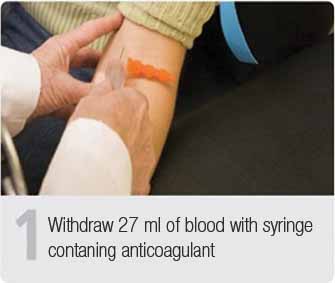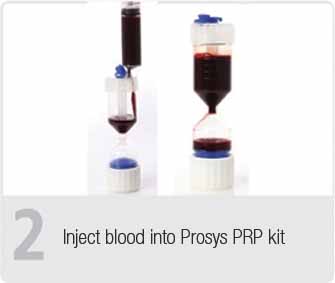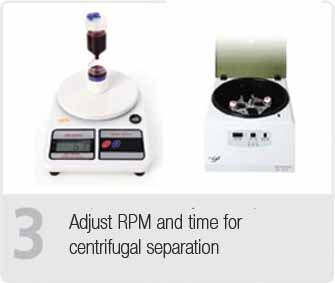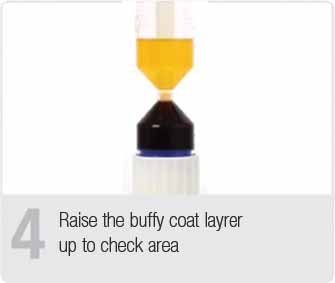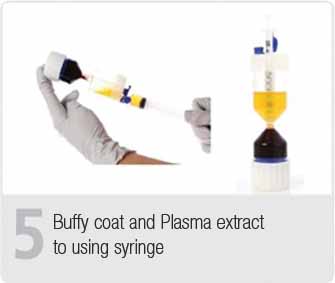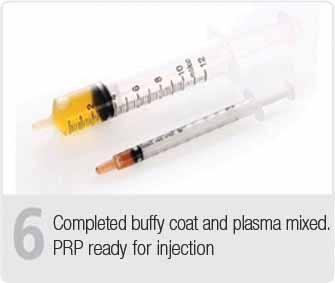Q. What is Platelet Rich Plasma Therapy
- Non-Surgical 20 minutes outdoor procedure
- It is safe and uses your own blood
- High platelet counts of 10lakhs plus is generated
- PRP is injected into affected region
- Cost Effective
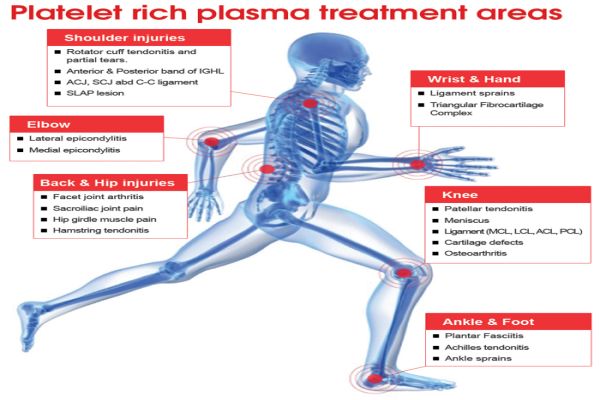
The PRP Process
The Procedure
An initial visit with Dr. Abheek Kar will be needed to determine if you are a candidate for PRP injection. An imaging test may be needed to confirm the diagnosis and to rule out other local complicating conditions. Patients who have failed traditional treatment with medications and therapy may e candidates for PRP injection. If PRP is determined to be an option, the procedure will be scheduled on a different day and will take about 20 minutes outdoor procedure.
When can I expect relief?
PRP injection does not provide immediate relief, instead, it sets in motion a repair mechanism that does take some time.
Example:
A study published in the American Journal Of Sports Medicine showed the following results in patients with chronic elbow tendinosis:
- 49% pain relief by 4 weeks
- 60% pain relief by 8 weeks
- 81% pain relief by 8 weeks
At the conclusion of the study, 93% of the patients were completely satisfied with the PRP treatment and had avoided surgery.
Patient Instructions
One week prior to the injection, patient is advised not to take anti-inflammatory medicines or aspirin. Following the injection, do not take anti-inflammatory medicines for several months, as these medications inhibit the healing process.
In the morning of the procedure, eat only low fat foods. After the procedure, there are no dietary restrictions.
Pain from the injection begins as soon as the local anesthetic wears off (approximately one hour) and seems to peak about 12 hours after the injection. Narcotic pain for the pain. Redness and swelling may occur frequently at the injection location and last about a week.
Crutches are frequently needed for the first 2 days following an injection to a tendon in the ankle or knee. For the arm or shoulder, asling, may be worn initially for more comfort.
There are no specific activity restrictions following the procedure; patients may return to full activity as tolerated.
If you have the following conditions you should not consider for Platelet Rich Plasma Therapy Treatment
- Abnormal Platelet function (blood disorder)
- Chemotherapy and / or Cancer patients
- Chronic or Acute infections
- Fever, Sepsis
- Severe, Metabolic and / or system disorder
- Skin disease
- Anti coagulation therapies
- Chronic liver problem
- Recent Use of Cortisteroids

